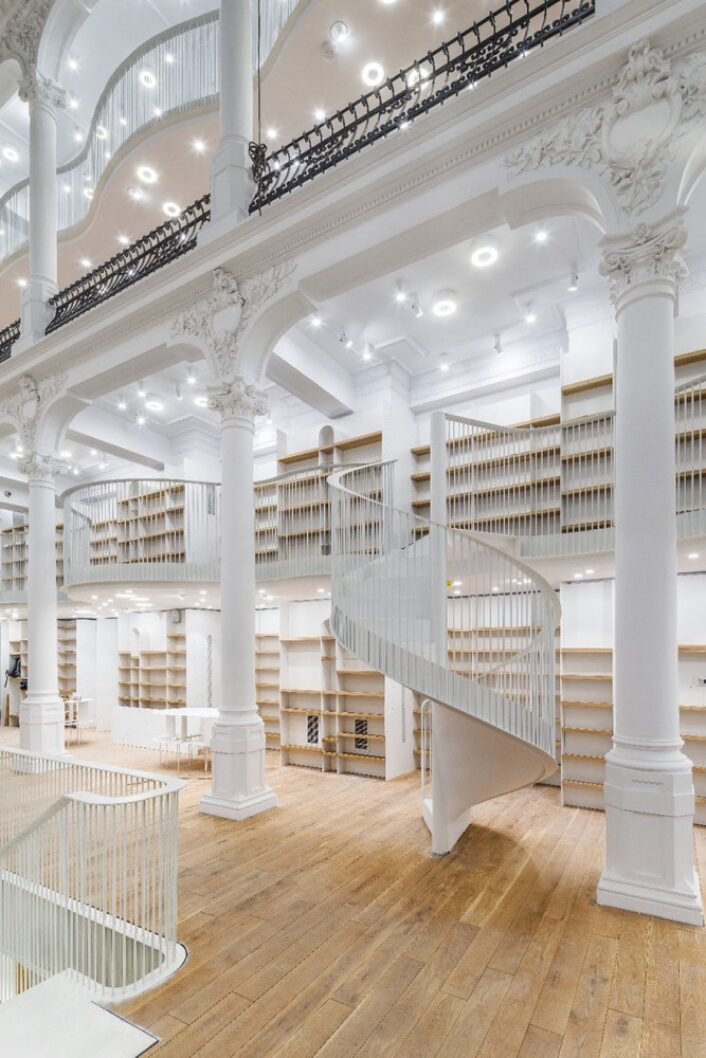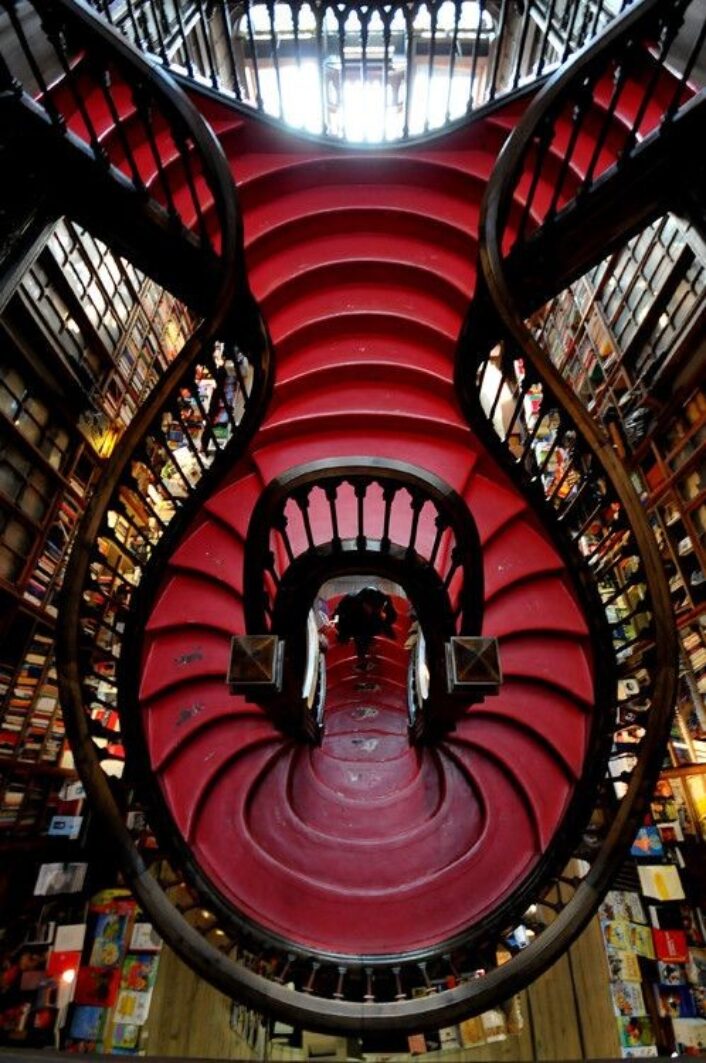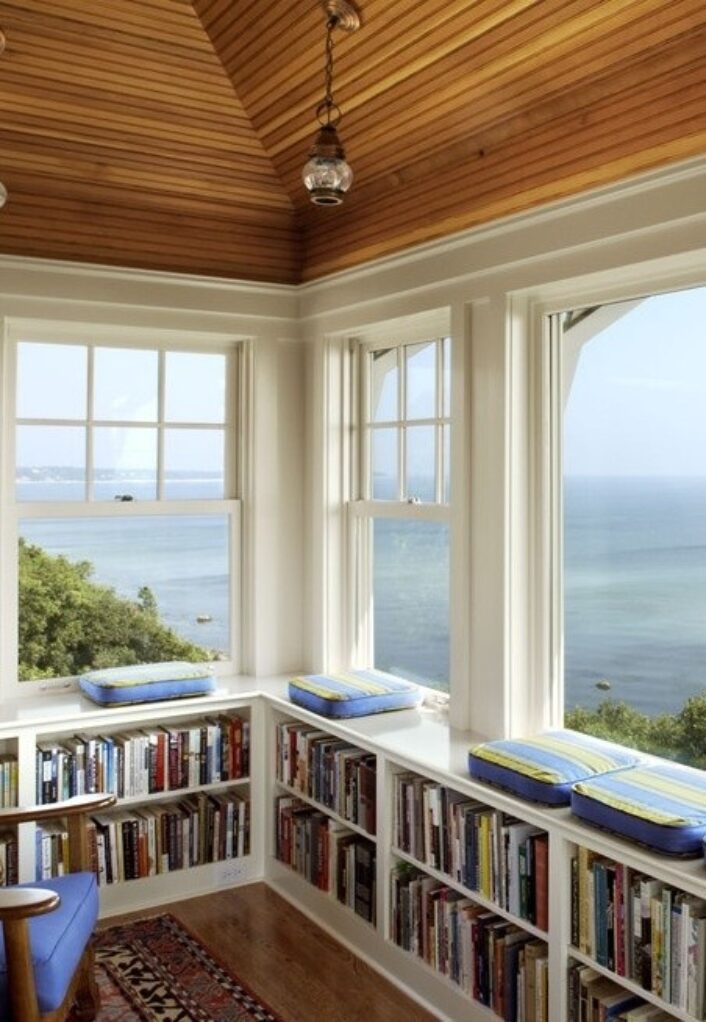Architecture
Magical bookstores
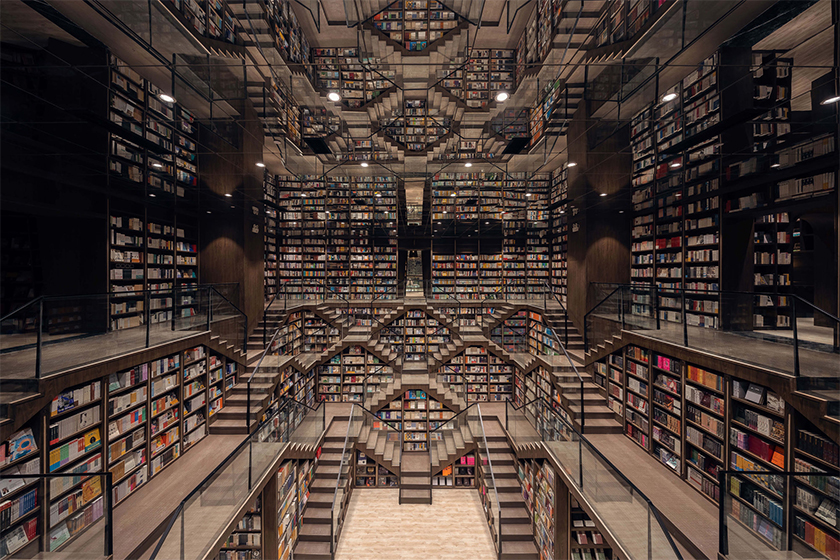
Ladder Hall, Chongqing Zhongshuge Bookstore in Chongqing, China.
Image courtesy of: Surface Magazine, photographed by: Shao Feng
With e-commerce sites such as Amazon and Target taking charge of our shopping needs, brick-and-mortar stores have taken a humongous hit. Bookstores especially have been shuttering in fast succession of one another. Luckily, Chinese architect and designer, Li Xiang, founder of the Shanghai studio X+Living, has been working hard to ensure that even though many bookstores have permanently closed, they are not forgotten.
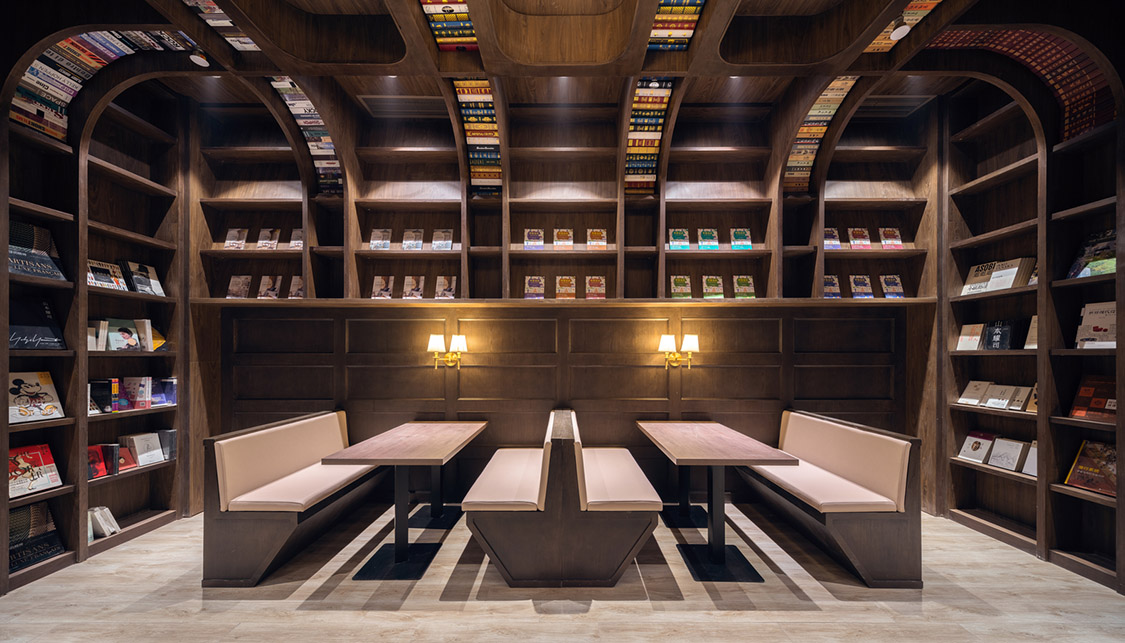
The two-floor store beckons visitors into a theatrical interior packed with lampshade-shaped bookshelves and a colorful children’s room filled with drawings of buildings, landscapes, and the city’s various transportation methods.
Image courtesy of: The Cool Hunter
The mind-boggling square-footage of this store is especially surprising- considering this is a bookstore… one retail industry that seems to be shrinking rather than growing. Zhongshuge is a “local chain,” and has locations in four major Chinese cities: Shanghai, Hangzhou, Yangzhou, and Chongqing. More than simply places where books can be purchased, these stores have become social media hotspots for China’s millennials.
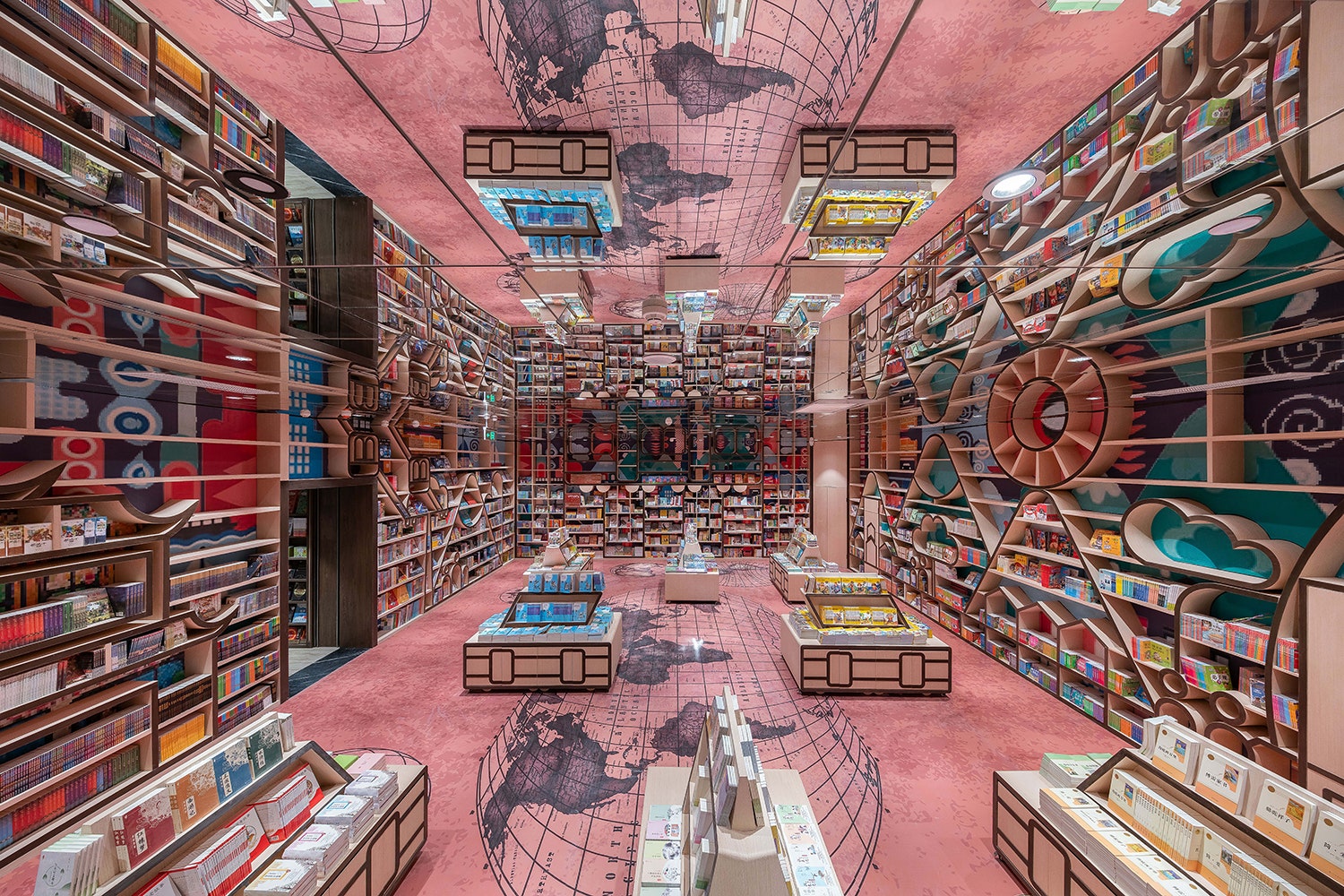
The children’s section with a stunning mirrored ceiling design.
Image courtesy of: Architectural Digest, photographed by: Shao Feng
Books are everywhere you look… and that is the point of Xiang’s architecture. Her signature curved walls are lined with books, meant to evoke the relationship that readers have with literature. Xiang says, “Books are all over the space- from the ceiling to the floor- so that people feel like they’re entering a paradise of books.”
In 2018, China’s total retail book market was valued at roughly $13.4 billion (an 11.3% year-over-year growth). However, much of that success was due to the online marketplace. Consumers had quickly gotten used to the ease of shopping. Often forgotten is that when you are browsing the bookshelves, you may organically find something you were not looking for or you might come across a new idea to explore… neither of which can be replicated in a digital marketplace.
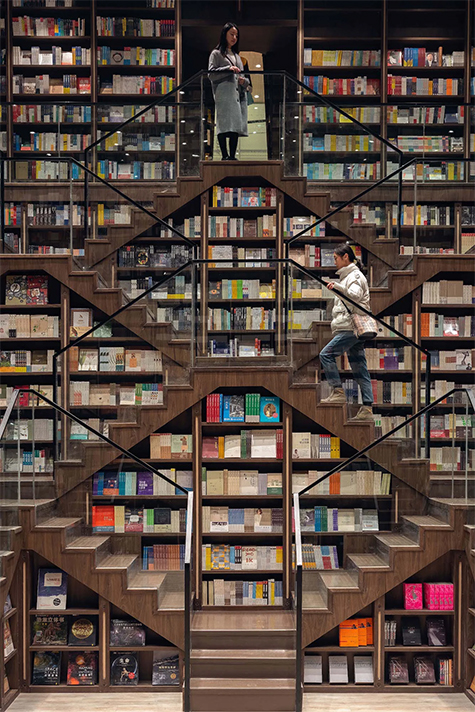
The mathematically-influenced staircase was inspired by M.C. Escher.
Image courtesy of: Architectural Digest
The M.C Escher-inspired stairs and the mirrored ceilings create an almost hypnotic feeling that translates into a thrill for visitors. Perceptions are questioned: the volumes of books on the shelves appear to double as the mirrored ceiling reflects every single shape and movement below.
About the project, Xiang said, “The clients asked me and my team to create a bookstore that was also a landmark,” says Li Xiang, the president of X+Living and the chief designer of the project. “The glass ceiling enlarges the space, while creating something that appears more magical than it does real.”
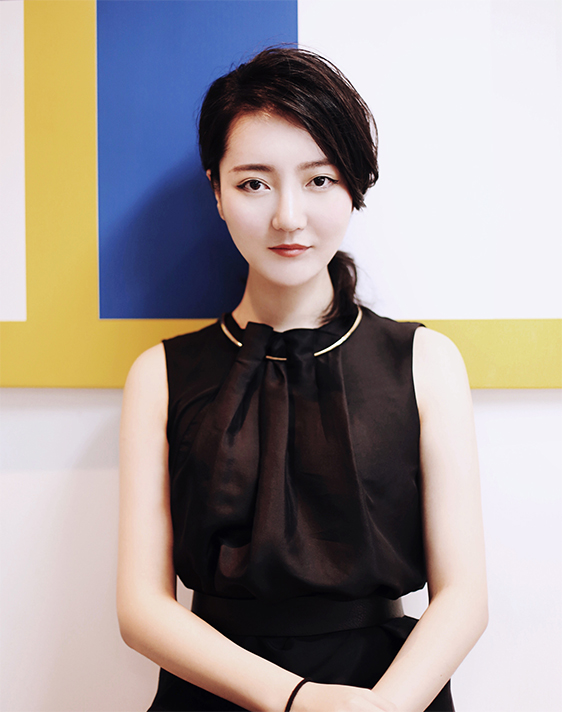
Li Xiang.
Image courtesy of: Surface Magazine
About the inspirational and inspiring project, Xiang said, “Things that come from the past but still exist in the present are evidence of our sense of nostalgia. But the reason we are always attracted to novel creations is that we have an instinct for curiosity. The key element to both is humanity. As a designer, my work is to integrate various elements based on an understanding of humanity.”
